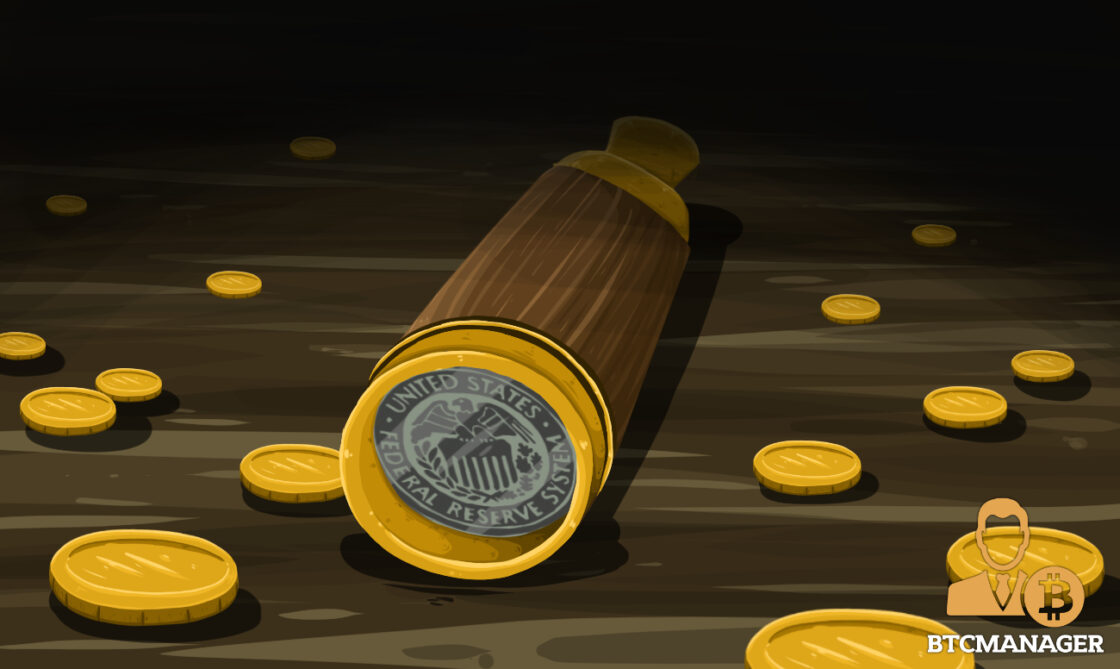PALO ALTO, Calif. (Reuters) - The Federal Reserve is taking a look at a broad variety of issues around digital payments and currencies, including policy, style and legal factors to consider around potentially issuing its own digital currency, Governor Lael Brainard said on Wednesday. Brainard's remarks suggest more openness to the possibility of a Fed-issued digital coin than in the past." By changing payments, digitalization has the prospective to deliver higher worth and convenience at lower expense," Brainard said at a conference on payments at the Stanford Graduate School of Company.
Central banks worldwide are debating how to handle digital finance technology and the distributed ledger systems used by bitcoin, which assures near-instantaneous payment at possibly low cost. The Fed is establishing its own day-and-night real-time payments and settlement service and is currently evaluating 200 remark letters submitted late last year about the proposed service's style and scope, Brainard said.
Less than two years ago Brainard informed a conference in San Francisco that there is "no compelling showed requirement" for such a coin. However that was before the scope of Facebook's digital currency ambitions were commonly known. Fed authorities, consisting of Brainard, have actually raised concerns about consumer securities and data and personal privacy hazards that might be postured by a currency that might enter usage by the 3rd of the world's population that have Facebook accounts.
" We are working together with other reserve banks as we advance our understanding of reserve bank digital currencies," she stated. With more countries looking into issuing their own digital currencies, Brainard stated, that adds to "a set of factors to also be ensuring that we are that frontier of both research study and policy development." In the United States, Brainard said, problems that require research study consist of whether a digital currency would make the payments system more secure or simpler, and whether it could posture monetary stability dangers, including the possibility of bank runs if money can be turned "with a single swipe" into the main bank's digital currency.

To counter the monetary damage from Visit the website America's extraordinary national lockdown, the Federal Reserve has taken extraordinary Click to find out more steps, consisting of flooding the economy with dollars and investing straight in the economy. The majority of these moves received grudging approval even from many Fed skeptics, as they saw this stimulus as needed and something just the Fed could do.
My brand-new CEI report, "Government-Run Payment Systems Are Unsafe at Any Speed: The Case Against Fedcoin and FedNow," information the dangers of the Fed's present strategies for its FedNow real-time payment system, and proposals for main bank-issued cryptocurrency that have actually been called Fedcoin or the "digital dollar." In my report, I discuss concerns about personal privacy, data security, currency adjustment, and crowding out private-sector competition and development.
Proponents of FedNow and Fedcoin say the federal government needs to develop a system for payments to deposit instantly, rather than encourage such systems in the private sector by lifting regulative barriers. However as kept in mind in the paper, the personal sector is supplying a seemingly limitless supply of payment innovations and digital currencies to solve the problemto the extent it is a problemof the time gap in between when a payment is sent out and when it is gotten in a savings account.
And the examples of private-sector innovation in this area are numerous. The Cleaning House, a bank-held cooperative that has been routing interbank payments in different types for more than 150 years, has been clearing real-time payments given that 2017. By the end of 2018 it was covering 50 percent of the deposit base in the U.S.